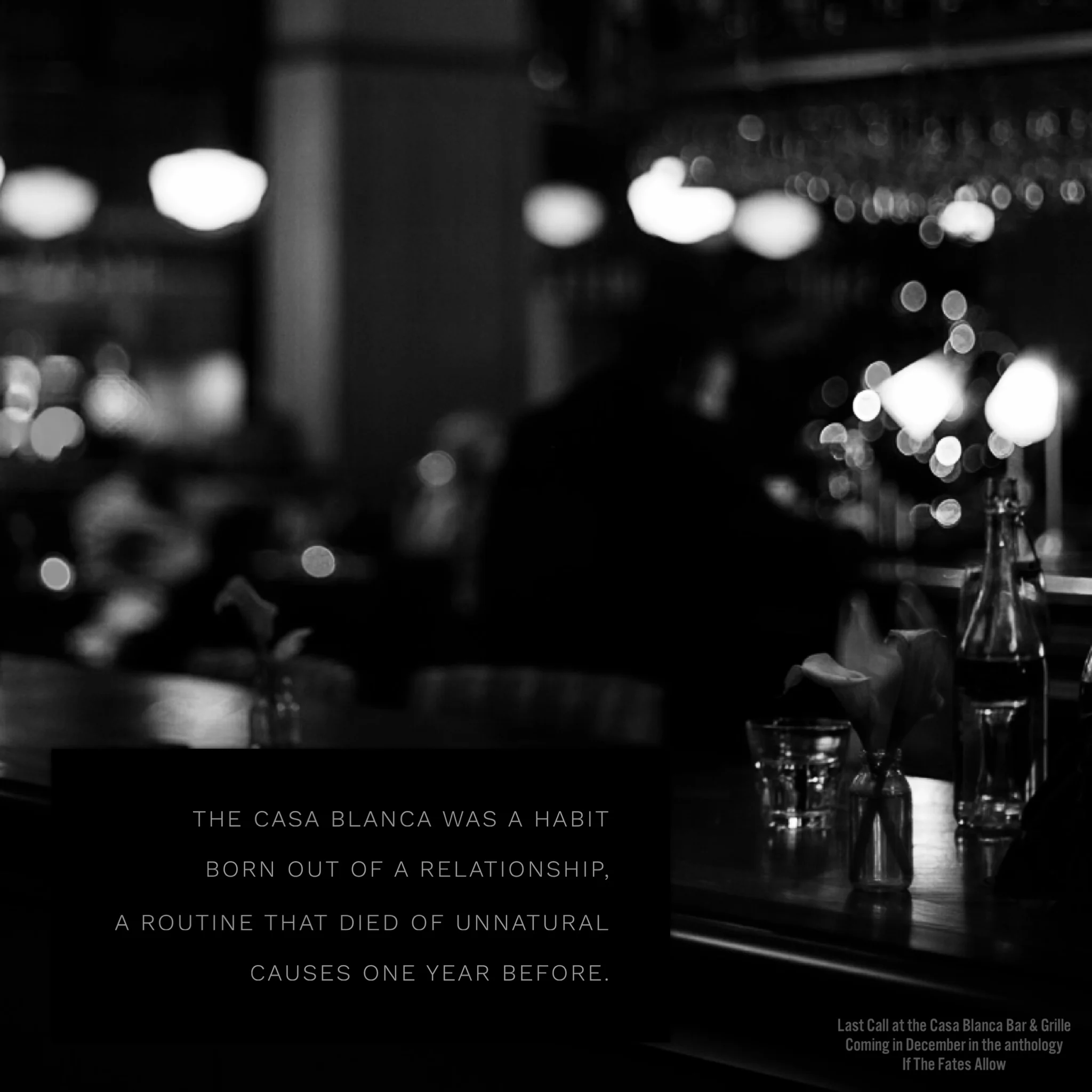In the minutes I had to spare for Twitter last night, I saw a familiar parade of New Year’s posts: of people wanting to set 2016 on fire; of authors thanking friends, readers and colleagues; of writing plans outlined; of personal goals assessed.
And in my head was that annoying little voice, telling me I was supposed to do this because that’s what authors are supposed to do.
We see these posts every year, and they tend to fall into broad categories:
The grateful: Those listing name after name of colleagues, fellow authors, readers, editors and other who brought value to their lives, with comments ranging from fine details of the contributions these people made to key smashes. They were kind, thoughtful, and occasionally sounded a bit like Academy Award acceptance speeches.
The goal-oriented: Those writing a laundry list of the books—many books, in some cases—that they planned to write in 2017. Good god, this can give a girl a complex. I’m writing a short story this year, and probably nothing else. I have ideas in the early stages of development, so it may be awhile.
The aggrieved: Those listing the things that pissed them off in 2016—and there was plenty to get cheesed off about last year. Their lists amounted to an often well-deserved “hell no,” and a vow of how they would change things in 2017.
The remorseful: Not going to lie, I didn’t see a lot of these this year.
And of course, there are the year-in-review posts. They aren’t limited to major media. Everyone has a Top Ten, whether they realize it or not. Some have a Top Hundred, which often repeat their top ten in multiple forms.
The thing is, after a while, they tend to blur together in the cacophony of year-end lists from pundits, critics, columnists and bloggers, and it reminds me why I tend to ignore that annoying little voice in my head.
I could legitimately see myself writing all of those New Year’s lists, of course. I’m goal-oriented, pushing myself to write new things from what I hope are new angles. I’m aggrieved, over things things both public (rating from the state of American politics and to the Dodgers’ bullpen) and very private, but years in public relations have taught me to choose my public battles carefully. It doesn’t mean you don’t take them on, you just make sure that you make them count.
I am remorseful for having judged some authors on their social media personas and even on their cover art rather than on their work. I'm going to work on changing that. Never judge a book by its cover, in every sense of the expression. And I am deeply grateful, not only to Publishers Weekly for naming Luchador one of its Best Books of 2016, but to the people who helped and supported me by reading it, and giving me reasoned, professional criticism where necessary and praise when earned.
But just because it’s what everyone else is doing doesn’t necessarily mean it’s the right move for you. That’s not in any way to mean that these posts don’t have interesting content, or that it’s not fun to see friends squee over each others’ work. It’s just that the creatives of the world shouldn’t feel obligated to do a thing simply because it is what everyone else is doing.
And while I’ve never believed in New Year’s resolutions, it forced me to realize what mine have been, and continue to be.
I promise—to my editors, to my readers, to my business partners, to my loved ones, and most importantly, to myself—to be true to who I am, and to make certain that it includes challenging myself to grow in how I see and experience the world, as well as how I represent it.
I’ve never been a writer who likes to chase trends. I don’t believe in forcing myself to be so prolific that I drive myself to a quick burnout. I write because I learn from it, and get joy from it, and I share it when I feel I have something worth sharing. And I actively remind myself not to let voices—whether they are in my head or in my timeline—get me down.
So 2017, bring it on. I may not write five books this year—or even one—but I’ll work my ass off to make sure that whatever I do is authentic.

